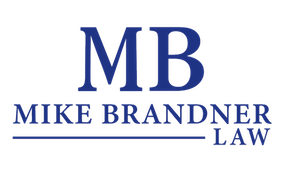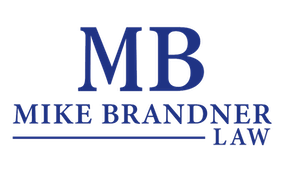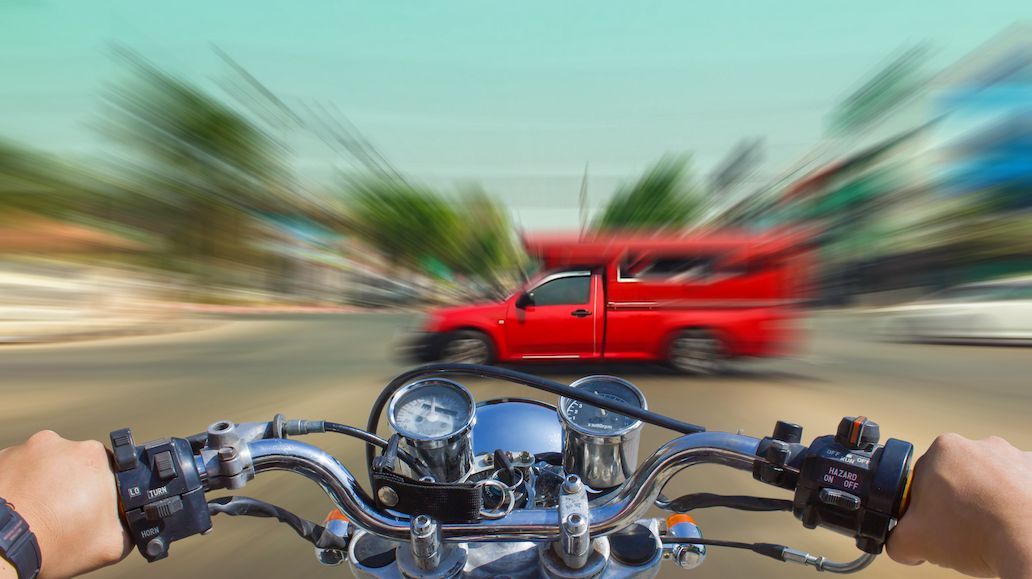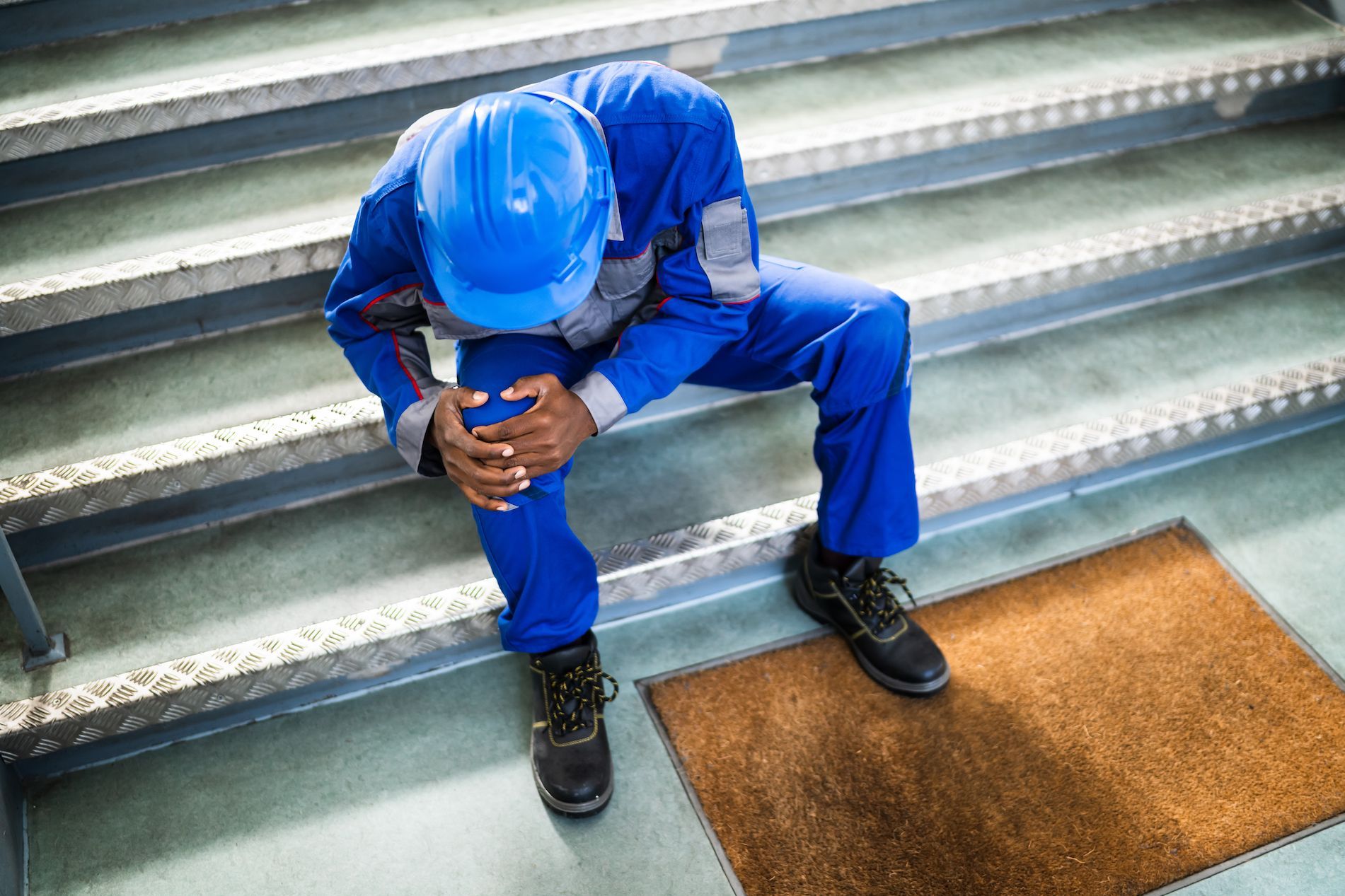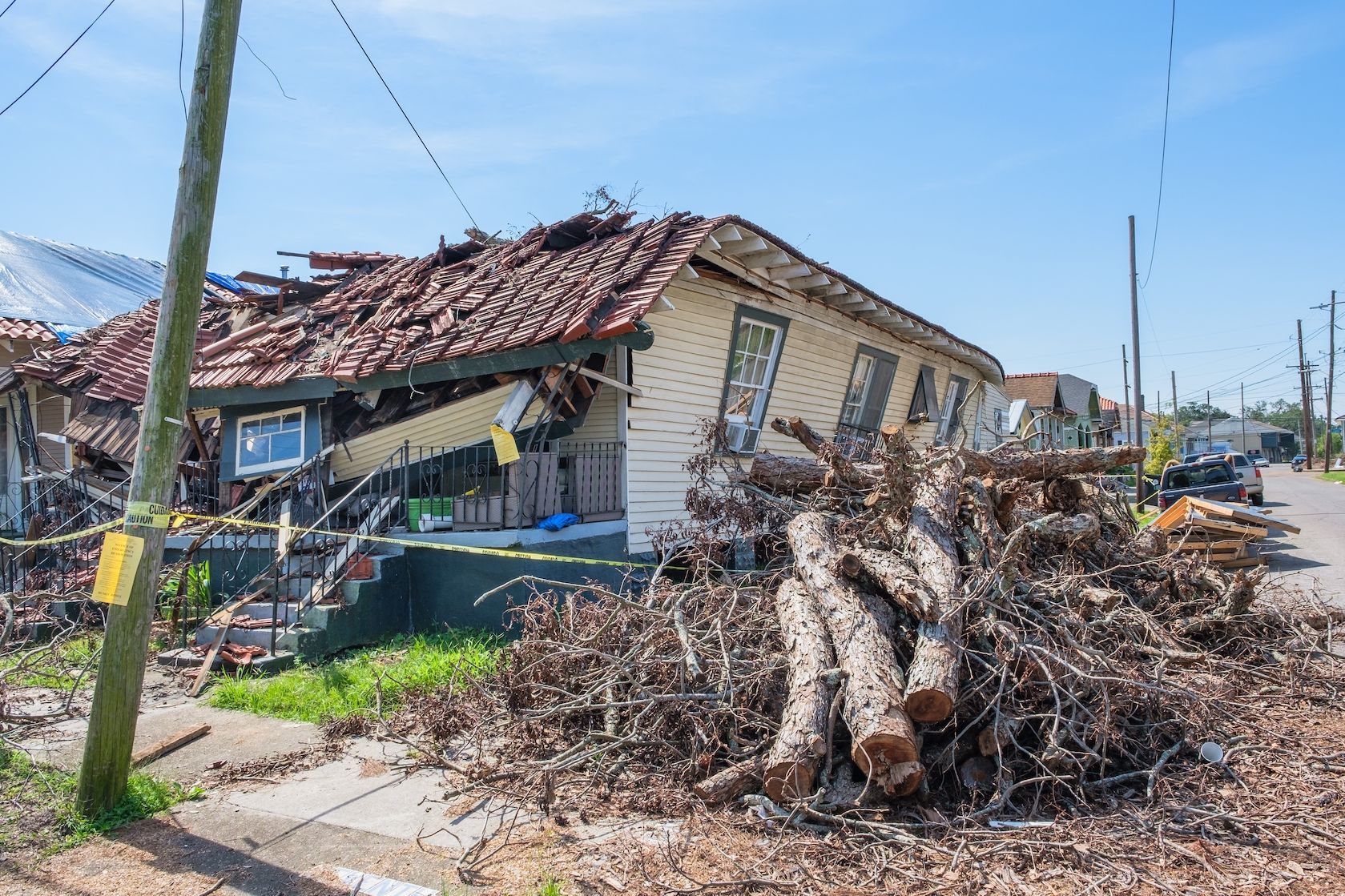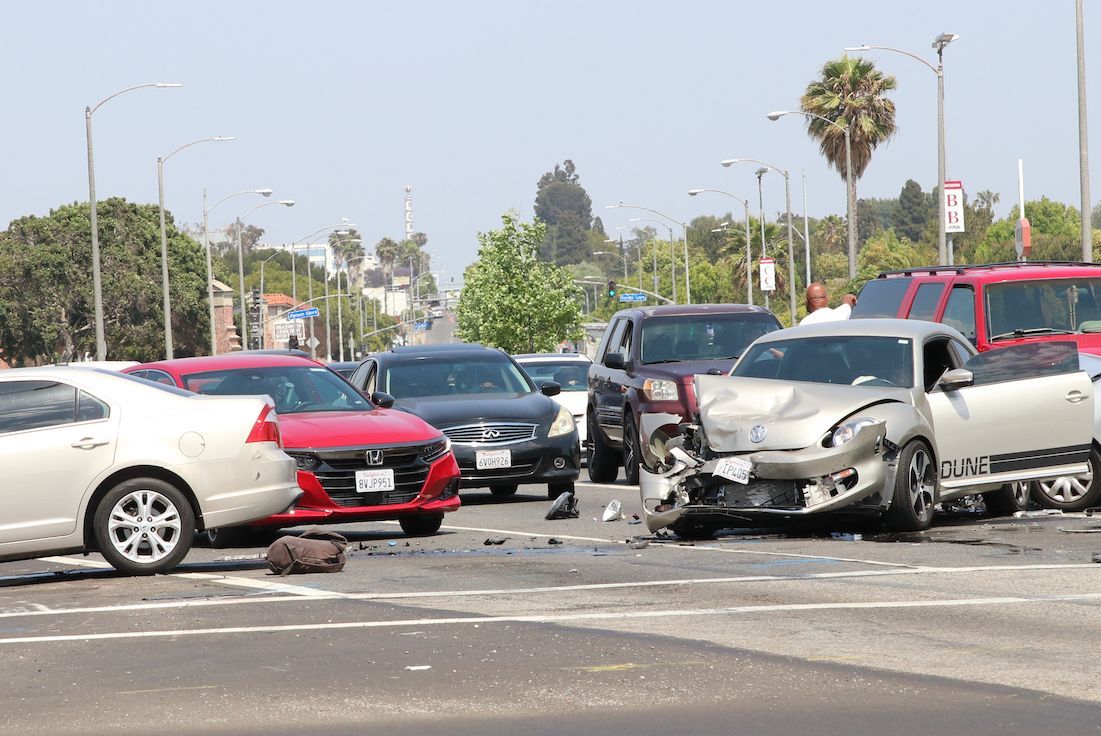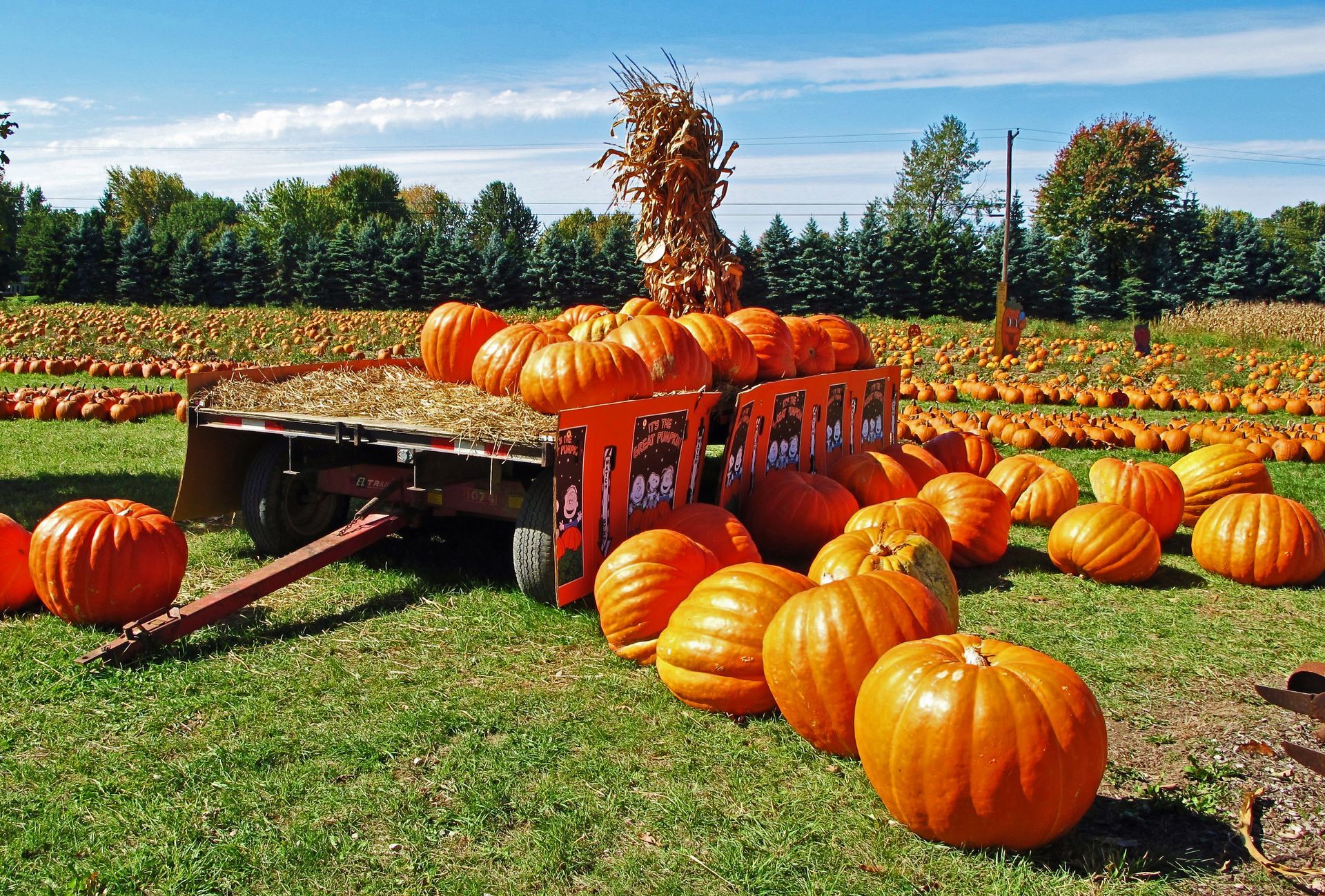What Should I Do After a Hurricane in Louisiana?
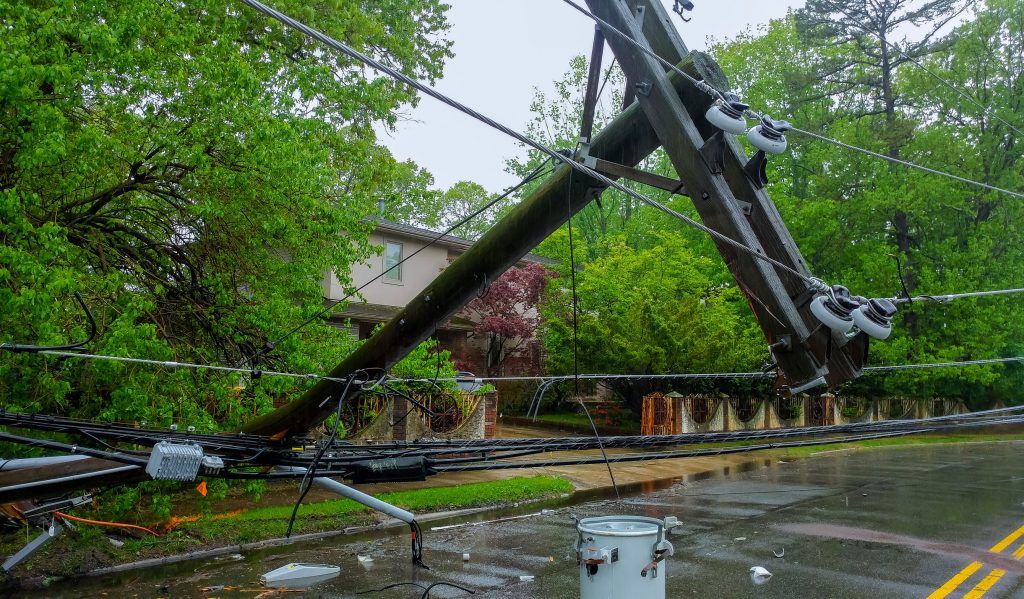
Just last year Hurricane Ida pummeled our coastline resulting in great loss that some of us may still be trying to recover from.
Now that hurricane season is once again here, our team at Mike Brandner Law offers these post-hurricane safety tips to help keep yourself and your family safe from injuries during the 2022 hurricane season.
Reenter Your Flooded Home Safely
If you are returning to your home for the first time after it has flooded, follow these precautions provided by the Centers for Disease Control and Prevention (CDC):
- Return to your home during daylight hours so you don’t have to use as many lights.
- Use battery-powered flashlights over candles, gas lanterns, or torches.
- Turn off the main power to your home only if you are able to do so from a dry location. If there is standing water present near the main power, contact an electrician to turn it off.
- Don’t turn on the power until an electrician has evaluated your home’s electrical system, and never use a wet electrical appliance. This greatly lowers your chance of electrocution accidents.
- If you smell gas upon entering your home or suspect a gas leak for any reason, leave your home immediately and contact the fire department and your gas company. Avoid turning on the lights, which could cause a spark.
- If it has been several days since your home flooded, you should assume that mold is present. Open doors and windows for at least 30 minutes before spending a significant amount of time indoors.
Take Extra Precautions During Power Outages
Just because the power is out doesn’t mean you’re safe from electrocution and other injuries. Lack of care when using portable electrical devices can lead to catastrophic injuries or death, so use these post-hurricane safety tips to prevent accidents:
- Use generators, grills, pressure washers, and any other gasoline-powered engine outside the home only, and at least 20 feet away from doors, windows, or vents. Carbon monoxide poisoning is extremely difficult to detect until it is too late, so use these devices with caution.
- Connecting a generator to your home’s electrical circuits without proper automatic-interrupt devices is illegal and extremely dangerous for you and your family. If the power comes back on while the generator is on line, this can lead to a major fire and subsequent burn injuries.
- Remember that flashlights are preferable to candles during a power outage. If you must use candles, keep an eye on them at all times and be sure to have a fire extinguisher available.
Stay Away From Power Lines and Flooded Areas
Flooding and downed power lines may be an ongoing safety threat in the coming days and weeks as communities begin the cleanup process. Heed these post-hurricane safety tips while you’re out and about to prevent avoidable injuries.
- Report fallen power lines to your electric company. Be patient when calling in, as phone lines may be overwhelmed.
- Stay clear of downed power lines and keep an eye out for any which may be hanging overhead.
- Do not drive through standing water if downed power lines are in the area. If you are in a car accident involving power lines, stay inside your car. If possible, keep driving away from the power line. Finally, if your car stalls, do not turn off the ignition.
- Flood waters can be extremely dangerous, even if they’re no longer moving. They may be contaminated with human and animal waste, industrial hazardous waste, coal ash, and sharp debris. Stay out of flood waters unless you have proper protective equipment like gloves, boots, and goggles.
More Post-Hurricane Safety Tips from Mike Brandner
Part of hurricane preparedness means being ready for what happens before, during, and after a major tropical storm. The road to recovery and rebuilding may be a long one for some of the hardest-hit areas throughout Louisiana. Remember: your top priority is keeping you and your family safe, so don’t risk injury trying to preserve your home or belongings.
If you get displaced after 2022 hurricane events or otherwise need assistance, check out the following resources for help:
- If you have home insurance, contact your home insurance company for assistance with hurricane insurance claims.
- If you have commercial property insurance or business interruption insurance, contact your insurance agent.
- Register to apply for disaster assistance through the Federal Emergency Management Agency (FEMA). You can call 1-800-621-3362 or TTY 1-800-462-7585 for the speech- and hearing-impaired. You can also register online at www.disasterassistance.gov.
- Low-interest disaster loans may be available to homeowners, renters, and businesses through the U.S. Small Business Administration.
- Find a Disaster Recovery Center (DRC) near you for assistance locating additional resources, including emergency food stamps, that may be available to you.
If you have been injured during or following a 2022 hurricane due to another person’s negligence, or an insurance claim has been wrongfully denied, contact the personal injury lawyers at Mike Brandner Law for a free consultation. Our law firm remains committed to helping clients during these difficult times. Call us at one of the numbers listed below, chat with an online representative, or send us a secure message today.
